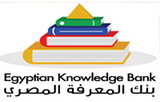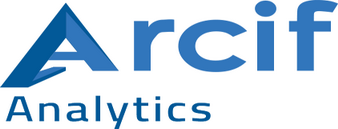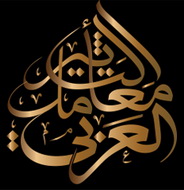| Intellectual Property rights: |
Copyrights are legal rights that attach to some type of intellectual property. Copyrights are granted to authors of creative works at the time of the work's creation in a fixed, tangible form. In publishing in this Journal, authors do not have to apply for or file copyright. Copyright is one of several intellectual property (IP) rights that exist, including, amongst others, trademarks, patents, and designs. Intellectual property is a fundamental right as stated by the Egyptian intellectual property law No. 82 (2002) a similar legislations around the globe. The owner of a copyright has the authority to use the work in one of four ways (examples of each provided as bullet points):
Upon submitting their materials, the authors acknowledge that they transfer certain copyrights to the journal to comply with the open access policy.
|












